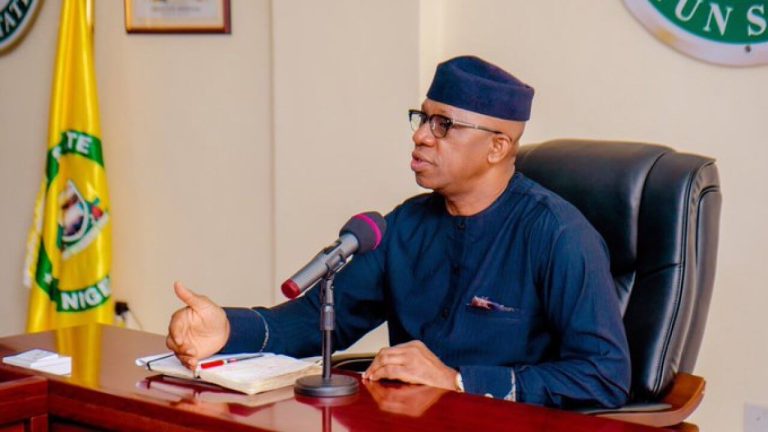A Court of appeal in the UK has slammed a $70 million fine – arbitration award against Nigeria, in favour of Chinese investor, Zhongshan Fucheng Industrial Investment Co. Limited.
The Presiding Judge, Julian Flaux made the ruling Thursday in reaction to claims of state immunity made by Nigeria to avoid paying the fine.
In 2010, Zhongshan, through Zhuhai Zhongfu Industrial Group Co Ltd (Zhuhai), its Chinese parent company, acquired rights to develop a free trade zone in Ogun state, South West Nigeria.
Later, Zhongshan set up Zhongfu International Investment (NIG) FZE (Zhongfu), a Nigerian entity, to manage the project under the permission of the Ogun state government.

However, situations took another dimension in July 2016 when the investor accused the state government of abruptly moving to terminate its appointment while attempting to install a new manager for the trade zone.
Following the alleged breach, Zhongfu initiated an investment treaty arbitration against Nigeria under the bilateral investment treaty between the People’s Republic of China and Nigeria (the China-Nigeria BIT).
In the end, the arbitrators ruled that Nigeria was in breach of its obligations under the China-Nigeria BIT and awarded Zhongshan compensation of around $70 million.
As a follow up, the firm in January 2022, initiated a case to ensure enforcement and compliance to the arbitration award.
At that time, Nigeria pleaded state immunity but the prayer was turned down by Cockerill, a High court judge.
The jurist held that Nigeria abused the time frame for appealing arbitral awards.
Meanwhile, the ruling has been confirmed.
Also Read:
- Professor Barth Nnaji to deliver The Bullion Lecture
- FG applauds victory of Nigerian kids at US chess contest
- Uromi killings: DSS operatives arrest two principal suspects
- Osun: NSCDC detains man, 20, for alleged defilement of minor
- Police arrest notorious kidnapper, rescue two university students in Nasarawa
For instance, Justice Flaux said Nigeria failed to comply with the “generous” time limit of two-and-a-half months to raise the issue of state immunity.
He recalled that the presiding judge said Nigeria failed to do the needful until the elapse of three months’ deadline.
He also added that Nigeria was seeking to re-run the same arguments on state immunity that it had raised.
In its final ruling, the panel dismissed Nigeria’s ground of appeal maintaining that there is a “point of general public importance” requiring guidance from the Court.


